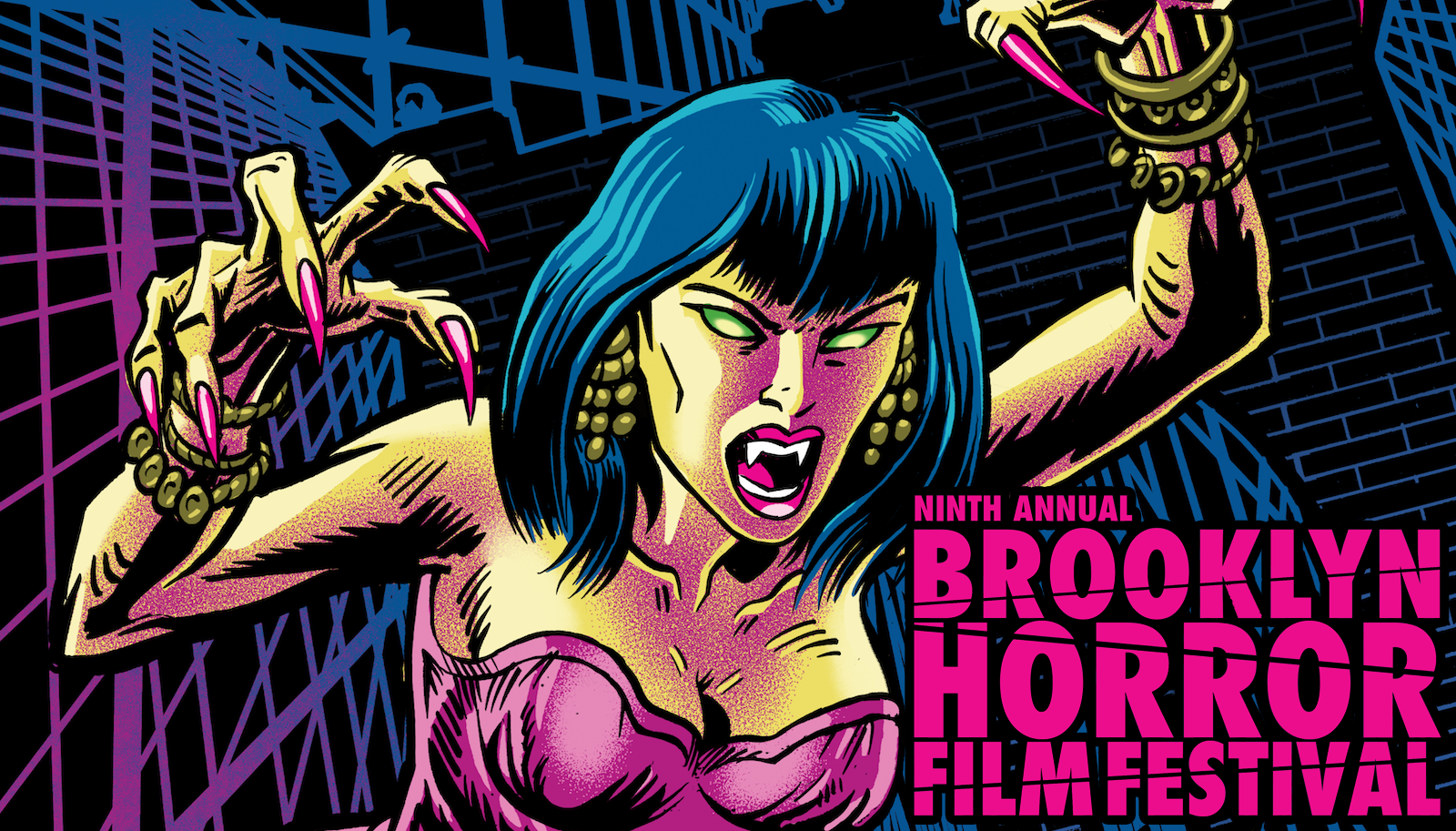


In 2024, the phenomenon of women having their judgment questioned is tragically nothing new. Nor is the exercising of tyrannical laws over their bodies. Izzy Lee’s feature length directorial debut House Of Ashestakes a long, hard, uncomfortable look at this concept through the lens of a still grieving widow dealing with the additional pain of miscarriage and the insult of being blamed for that as well.

Mia Sheldon is in a bad, bad place. Her husband Adam recently died by suicide, and shortly after being cleared of blame in that, she miscarries their child and is subject to house arrest because of draconian anti-choice laws in her state. A childhood friend and lover Marc moves in to help her out, but Mia soon becomes convinced that something is not right about the entire situation.

Lee’s injection of the criticism of “the nice guy” into this film sets it apart from other horror films dealing with grief as a horror, and also gives it an interesting inroad into the “psychotic women” subgenre of horror. Not only is Mia being subjected to horror by the state and possible supernatural entities, but it also quickly becomes clear that Marc isn’t nearly as supportive or understanding as he pretends to be. Lee’s sketch of “the nice guy” who claims allyship is a pitch perfect representation of the worst kind of man in modern times when it comes to misogyny: he knows all the right things to say to paint himself as a sympathetic and understanding friend and all the ways to manipulate a woman’s perception of him. Vincent Stalba manages to execute the subtilties of someone as monstrous as Marc, coupling the seething rage of a man being questioned with a sense of mewling, pathetic entitlement that perfectly encapsulates the incel horseshit purveying through modern culture.

Fayna Sanchez is fantastic as Mia, crafting a character perfectly at home in the echelons of the “psychotic women” horror icons such as Barbara Hershey in The Entity, Sissy Spacek in Carrie, Drew Barrymore in Doppelganger, and Isabelle Adjani in Possession. I’d even add Sheryl Lee in Fire Walk With Me to the mix as well. She’s scared but competent, vulnerable but tough, and her depiction of a grieving widow dealing with even more bullshit is extremely relatable, even to those of us who haven’t dealt with such tragedy. She’s the perfect foil to Stalba’s simpering man-child, someone with actual emotion instead of being a vacant shell of a person.

Lee does a lot to highlight the surreal nature of Mia’s perception of the world, using a boatload of nightmarish imagery and eerie giallo-esque lighting to blur the line between what is real and what is merely Mia’s increasingly distorted reality. Are there ghosts, or is Mia‘s mind buckling under the strain of grief, stress, and Marc’s bullshit? Lee keeps us guessing until the third act with effective dream sequences and lighting.
House Of Ashes is a commentary on the violent nature of patriarchy, as well as a love letter to a genre of film that is itself a commentary on the issue. It manages to keep one foot firmly in the realm of the horrifically real issues women deal with every day, while also allowing itself to venture into more fantastic territory.




